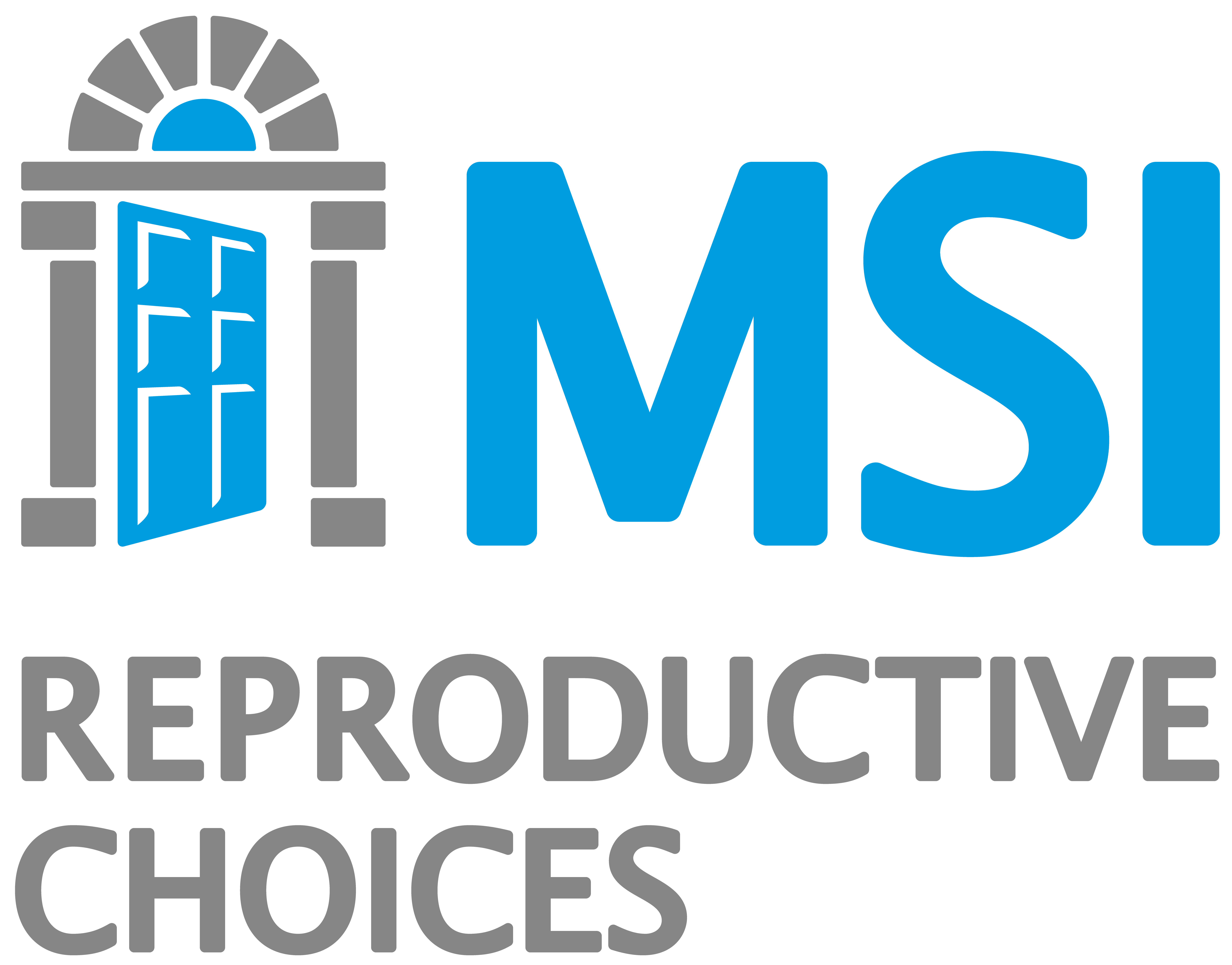MSI Reproductive Choices
Simon Cooke, Chief Executive Officer
In 2023, we supported our 200 millionth client since we opened our first blue door in 1976. While the trend in reproductive rights over these decades has been towards progress, the rise in anti-rights activity globally means our teams are having to be braver and bolder to protect gains made. But through partnership and by focusing on the things within our control, we can make a huge—and quantifiable—difference. At MSI, we know that when we choose choice, the whole world benefits. That is why I am a SheDecides Champion - to unite together to stand up for choice. There’s never been a more important moment to do so than now.
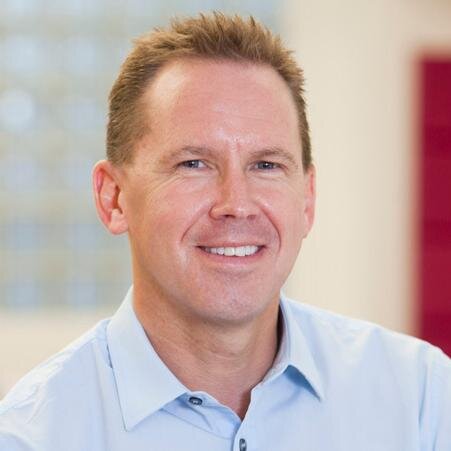
Why is bodily autonomy a priority for MSI Reproductive Choices? What other (linked) issues are a priority?
Only 57% of women around the world are able to make their own informed decisions on sex and reproductive health. This isn’t equality. This is women and girls being denied agency over their own bodies and healthcare, meaning their futures are not in their hands. The power of reproductive choice is in its ripple effect. It saves lives, it enables girls to stay in school, it supports communities to be more resilient to the climate crisis. Reproductive choice is the gateway to a gender equal world.
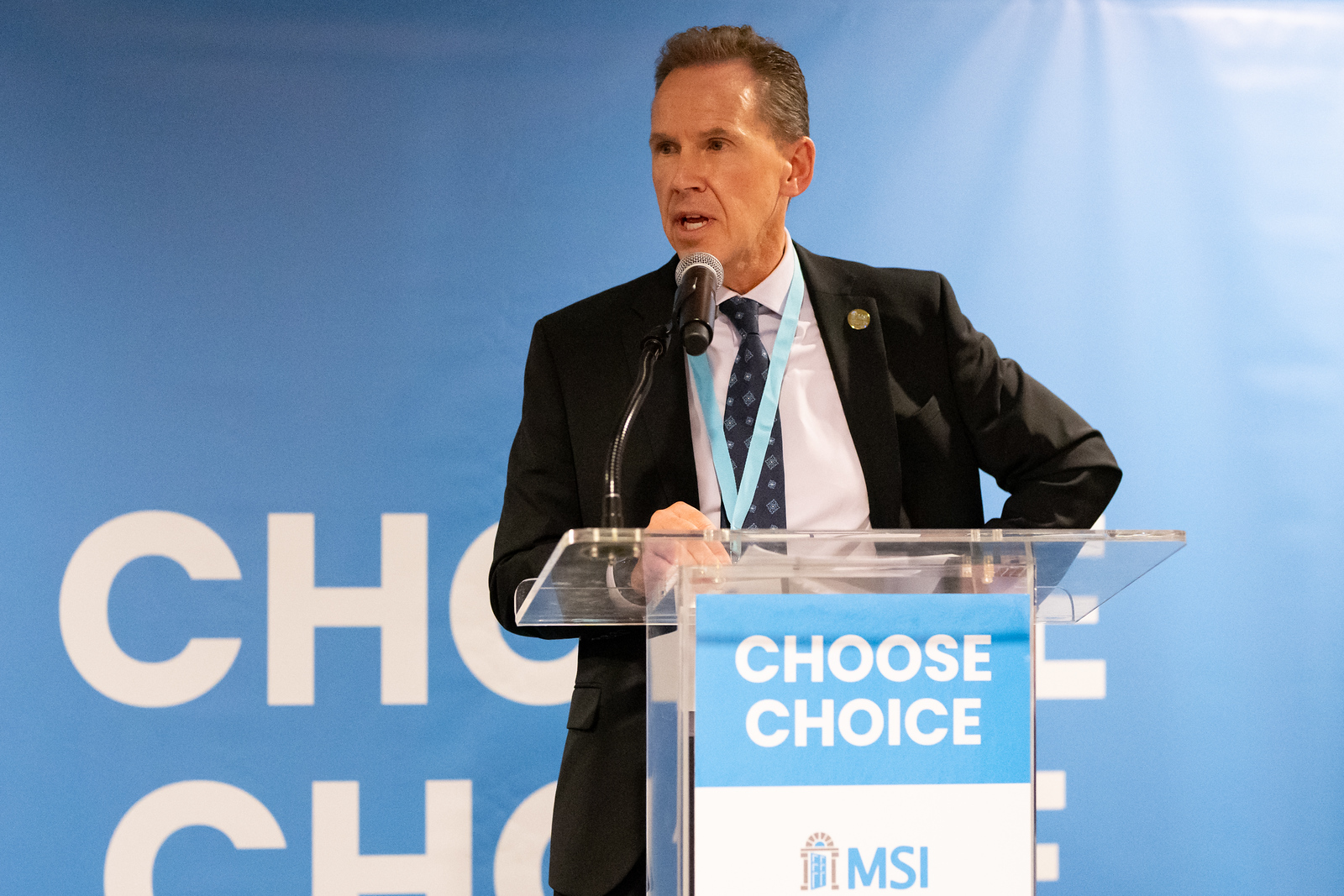
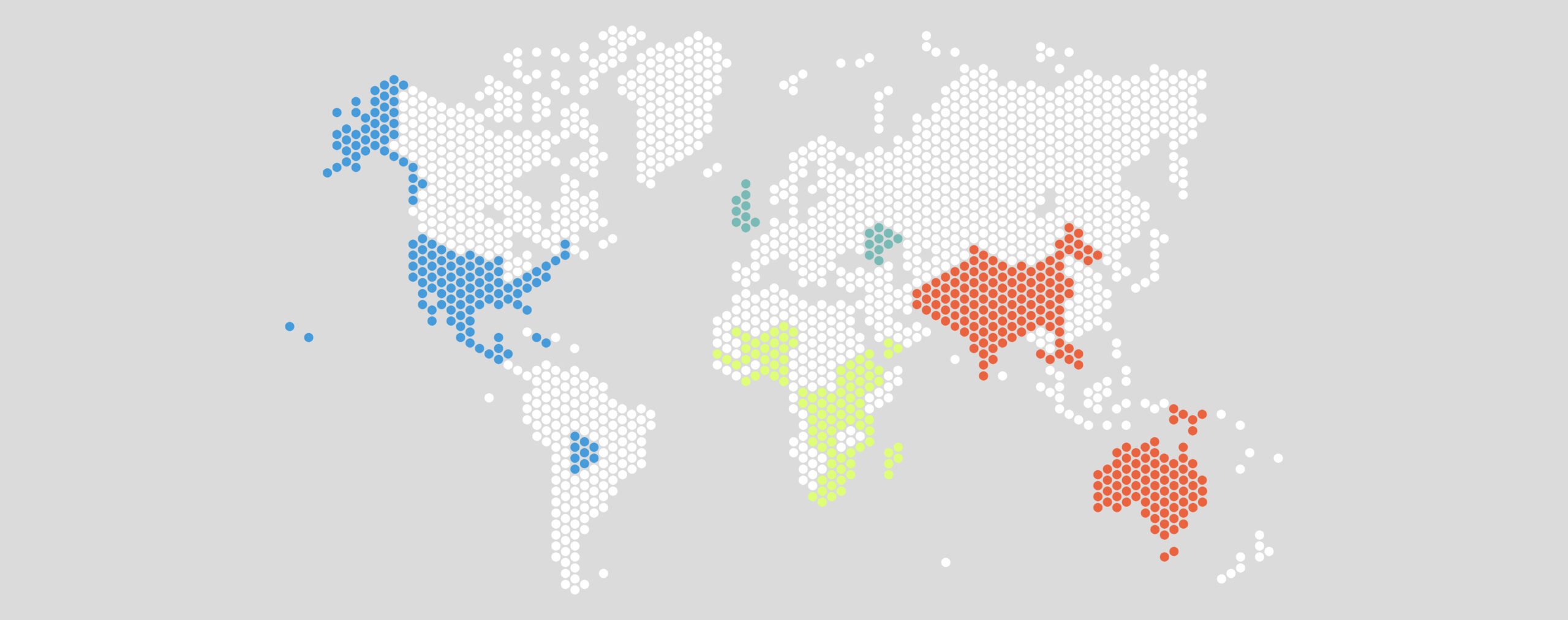
How we are working with SheDecides
MSI is one of the world’s largest providers and advocates for sexual and reproductive health and rights. Our teams work across 36 countries to support over 93,000 people every day to make choices about their reproductive health and futures. This includes abortion and contraception services, but also broader reproductive healthcare including maternity care, cervical cancer screening and preventative therapy, and HIV and STI testing and treatment.
Women’s Integrated Sexual Health
MSI Reproductive Choices is proud to lead the WISH (Women’s Integrated Sexual Health) consortium – the flagship programme supported by the UK Foreign, Commonwealth and Development Office. Through WISH, we are working in partnership with for example IPPF, Ipas, ThinkPlace Kenya, DKT, Leonard Cheshire Disability and Options across 12 countries in West and Central Africa to deliver sexual and reproductive healthcare services and advocate for change.
Read More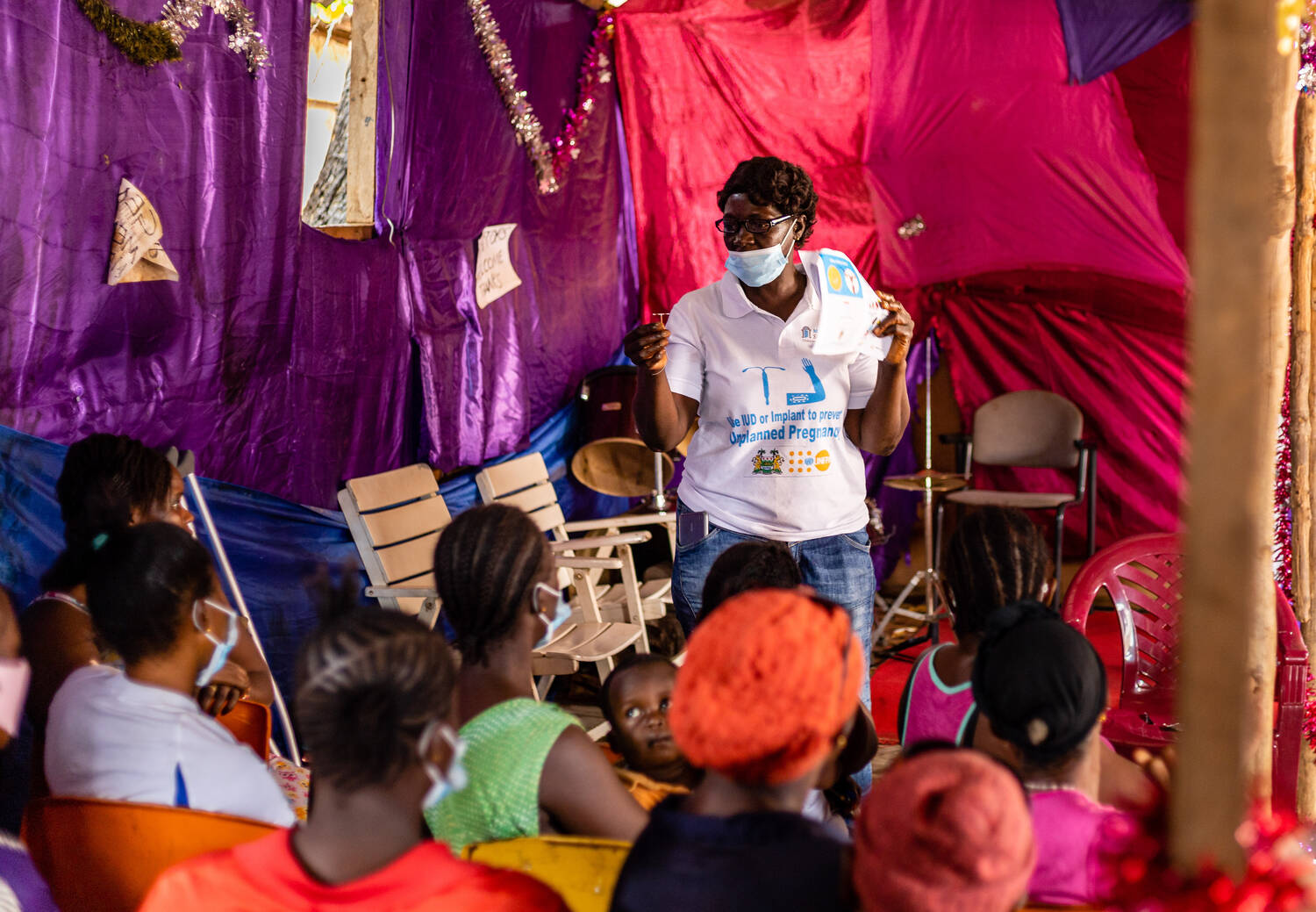
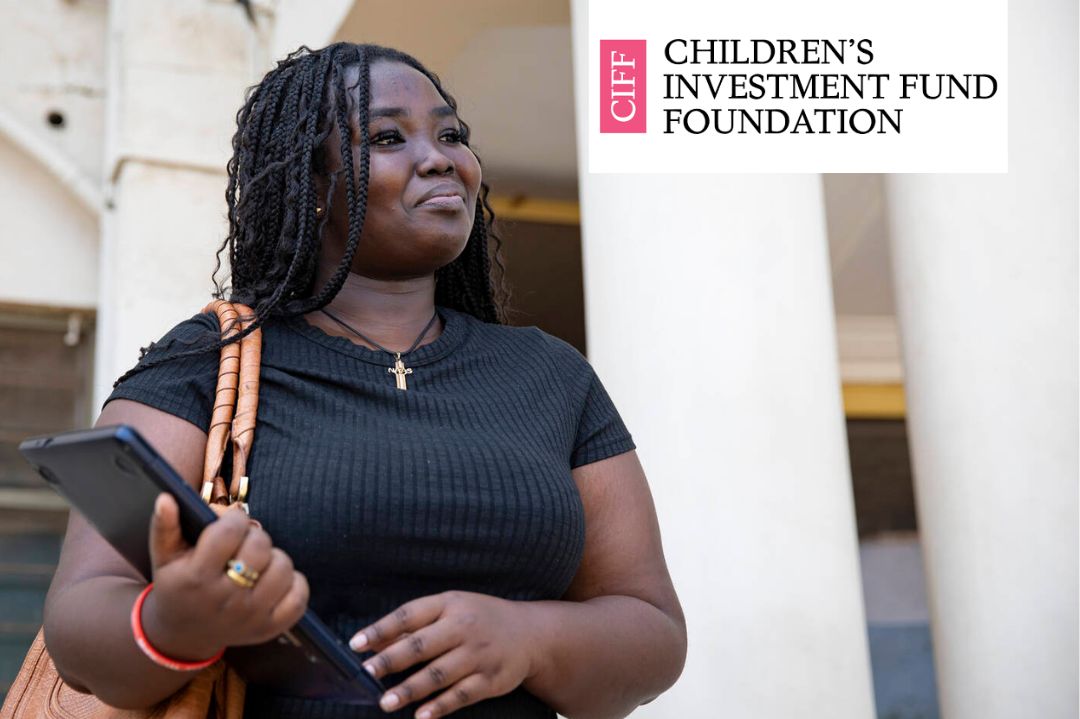
Step-Up
Step-Up is CIFF’s flagship SRHR programme and has two pillars: Step-Up Pillar 1 was designed to support seven MSI country programmes in West and Central Africa. Step-Up Pillar 2 is a five-year strategic investment supporting MSI to achieve its 2030 global strategy and MSI’s ambition to serve 50 million women and girls by 2026.
Read MoreWorking with religious leaders in Malawi
In Malawi, our teams work closely with Muslim, Christian, and traditional religious leaders to build understanding of the importance of reproductive choice. Local and religious leaders have a significant role to play in expanding choice — 80% of our outreach clients agree or strongly agree that local leaders support the use of contraception in their community. Reverend Cliff is a minister of the church, and coordinates the ‘Religious Leaders Network for Choice’ in Malawi. They partner with MSI Malawi to fight for reproductive rights. This partnership with the Network helps them to build their capacity to change mindsets and they now confidently deliver workshops to different stakeholders including other religious and community leaders.
Read More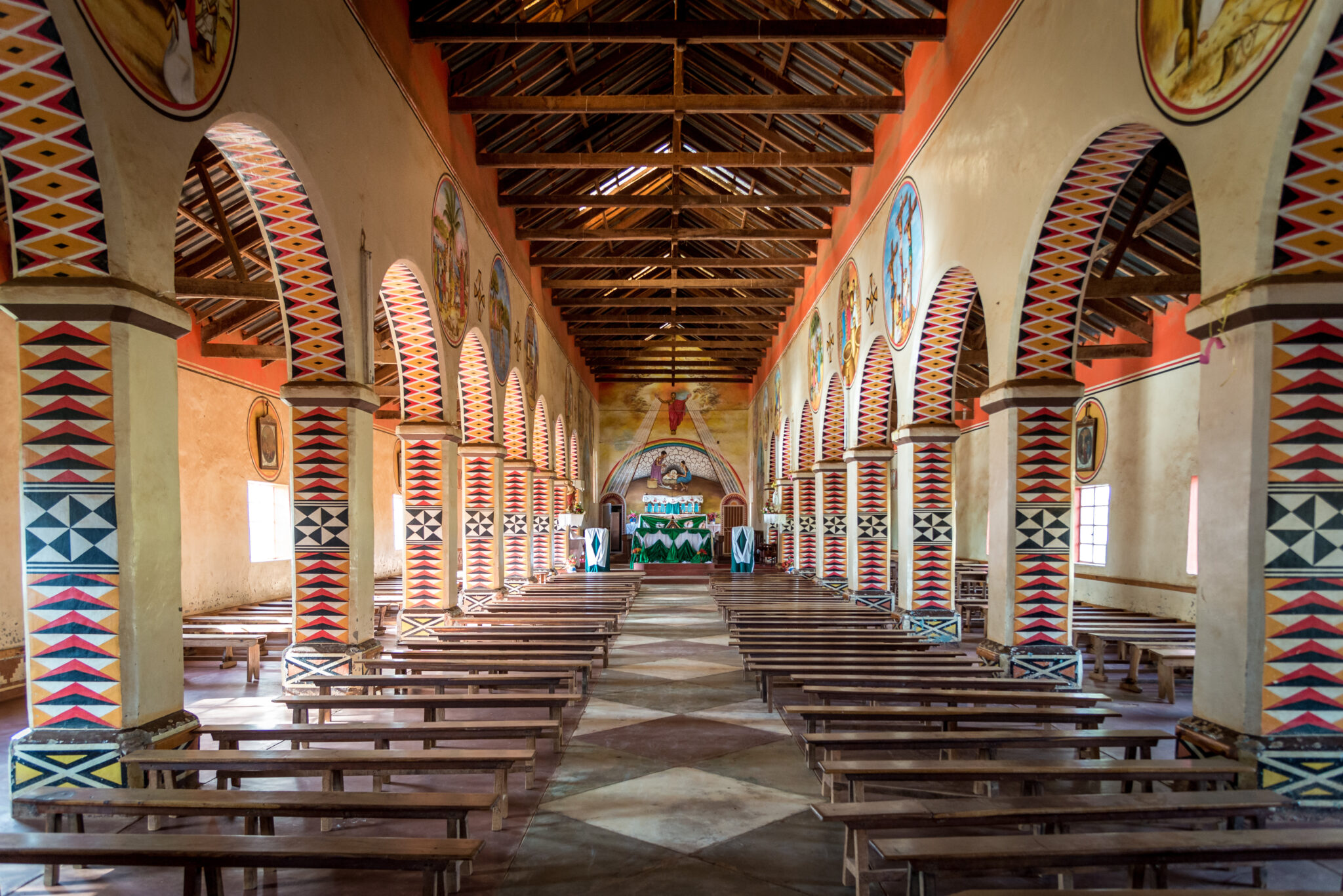
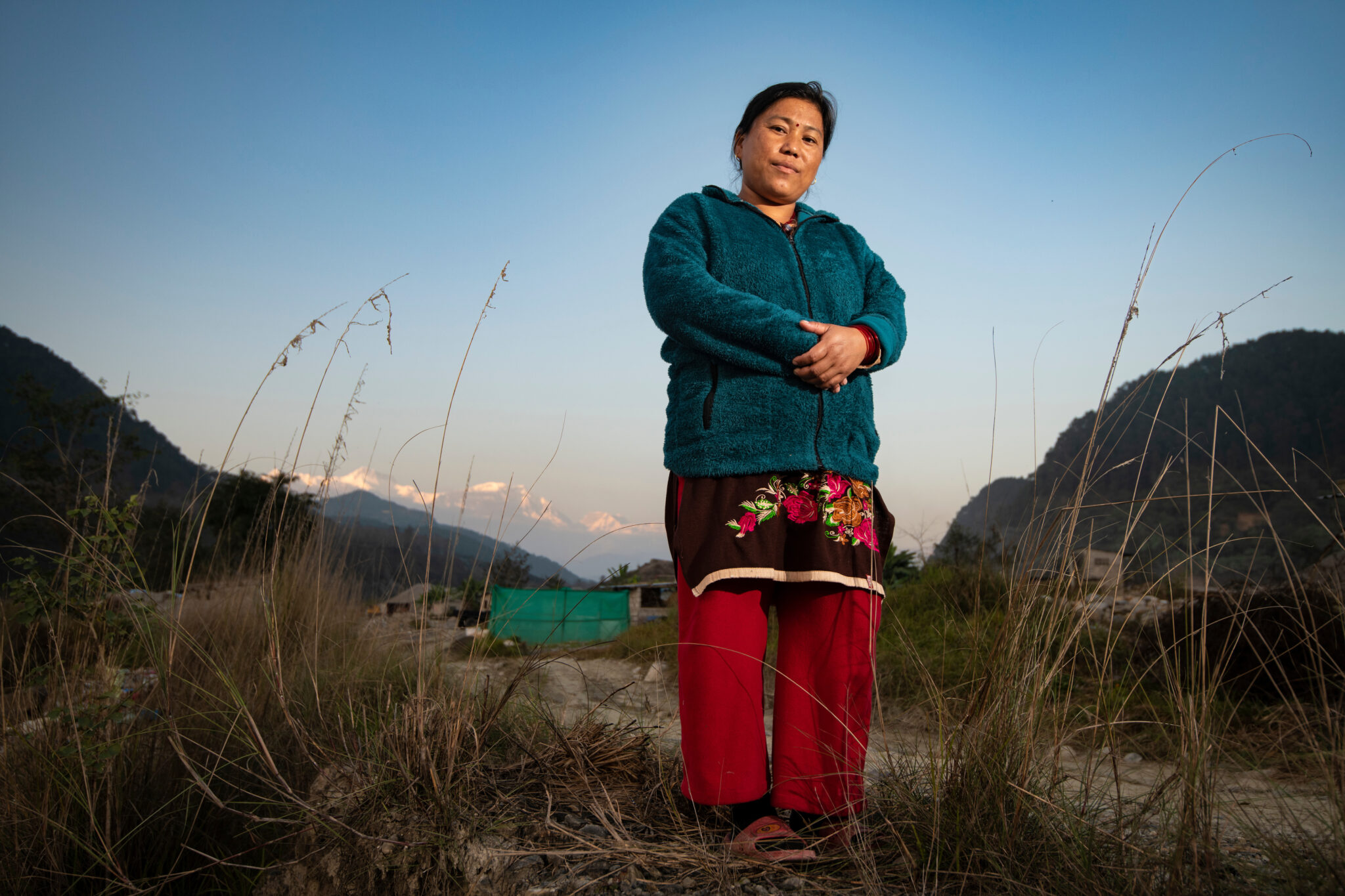
Providing abortion care in Nepal
In Nepal, our clinics offer in-person abortion. When a client enters our blue door, we are there for them. When we see a young person feeling uncomfortable sitting in the waiting room, we take them into a separate counselling room quickly. We don’t ask if they’re married or interrogate their reasons for having an abortion. We let them know that we will respect their confidentiality and choices, and we provide them with healthcare. Unfortunately, some people can’t come to a clinic and not all government health providers are able to provide abortion. So we hire and train healthcare providers based in local communities, and co-ordinate with local governments to bring reproductive healthcare to rural places. We also have roaming nurses called MSI Ladies that trek to remote places to provide services.
Read MoreThe Youth for Health Project
MSI is proud to lead the Youth for Health project, a consortium of eight partners (Deutsche Stiftung Weltbevölkerung, Centre for the Study of Adolescence Kenya, Health Alert Sierra Leone, Youth Advocates Ghana, Sikika in Tanzania, Restless Development Zambia and Youth Network for Sustainable Development in Ethiopia), working to expand access to life-changing adolescent sexual and reproductive healthcare and rights. Youth for Health focuses on strengthening national health systems and reaching the poorest and most marginalised adolescent girls, including those living with disabilities. Since its launch in July 2022, the Y4H project has reached more than 600,000 people with information about sexual and reproductive health and has supported national Ministries of Health to provide more than 100,000 reproductive health consultations.
Read More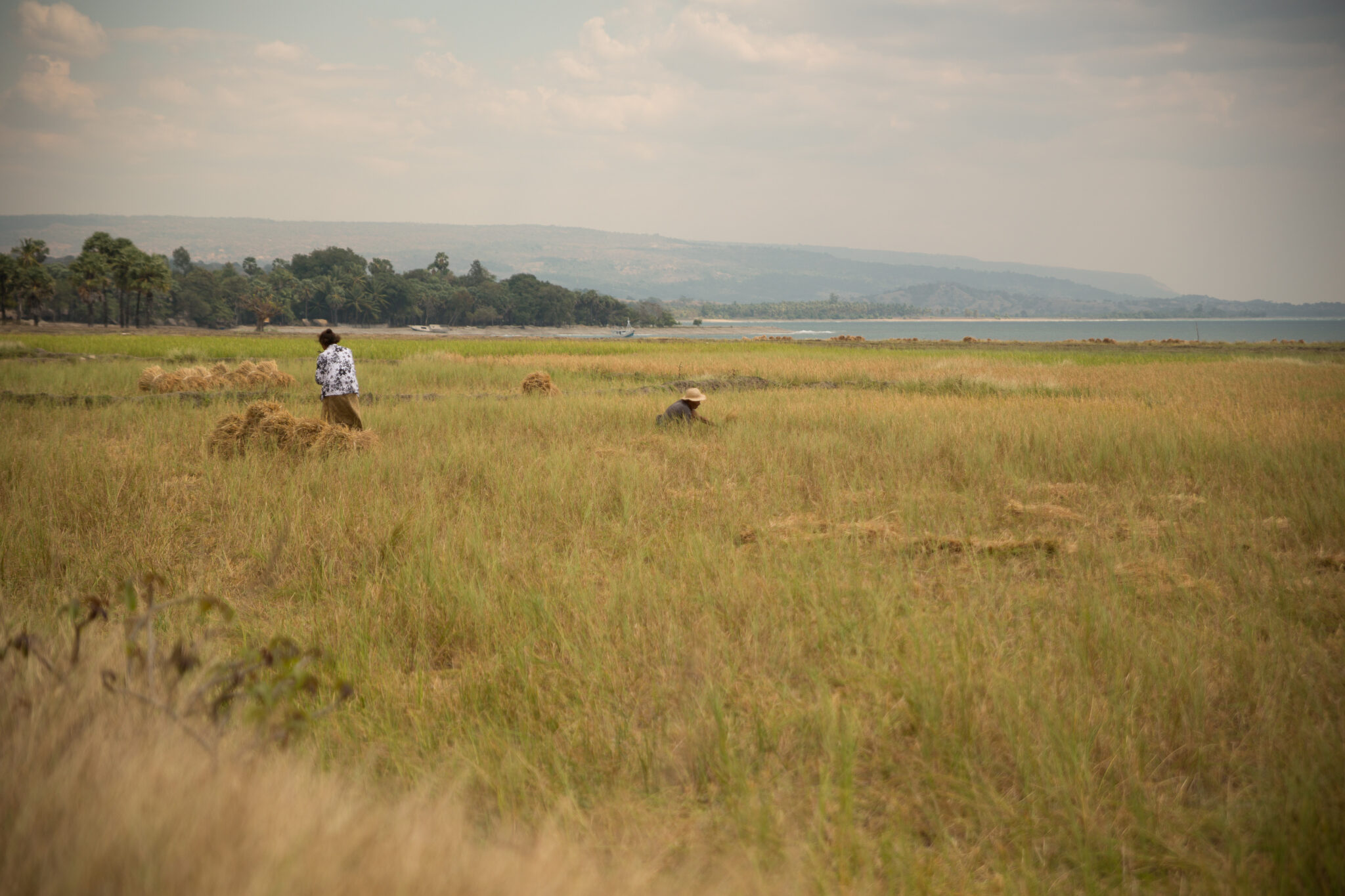
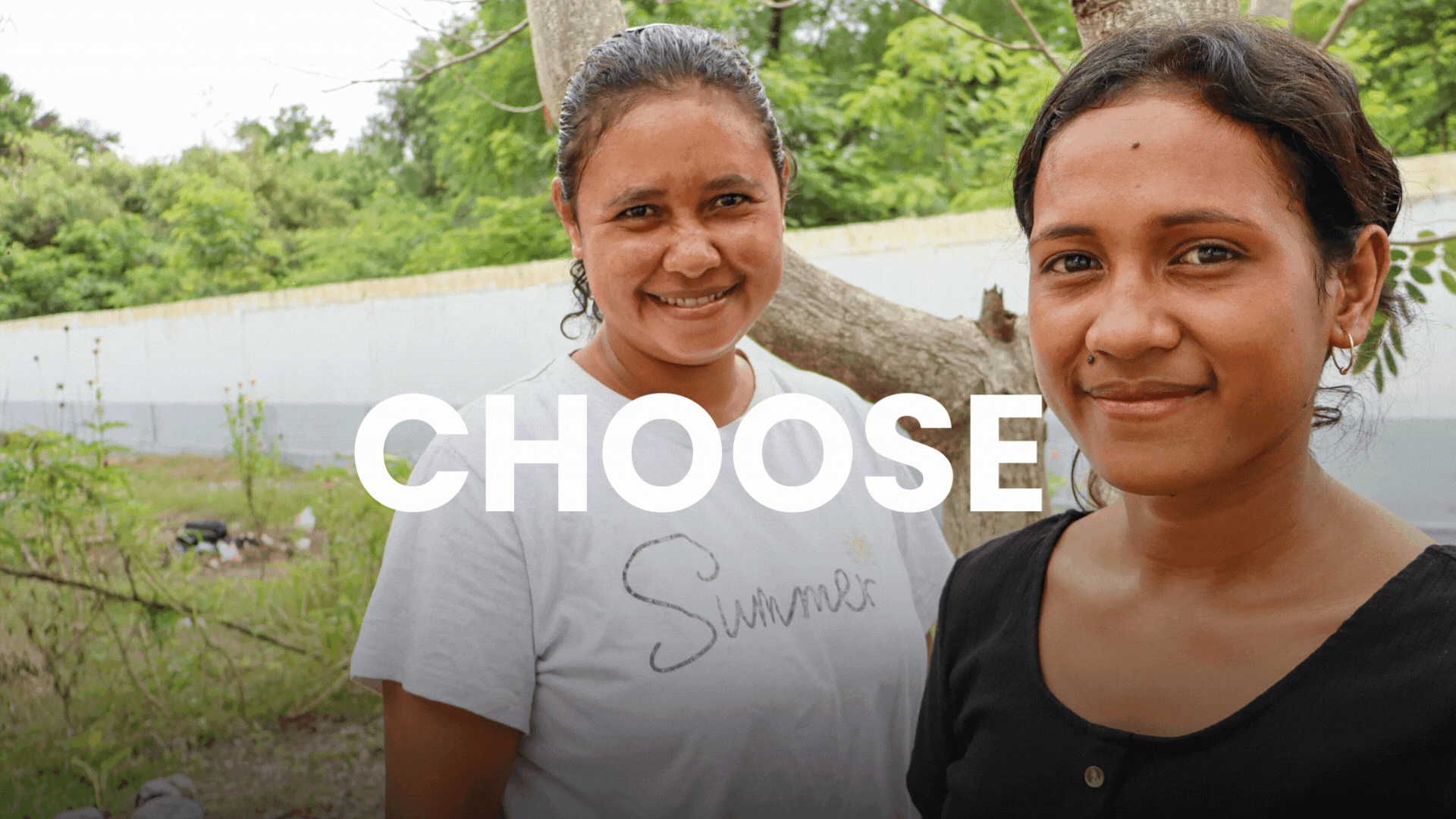
RESPOND
The COVID-19 pandemic has significantly disrupted access to sexual and reproductive healthcare across Asia and the Pacific, with women and girls among those most impacted. Strained health systems impacted the delivery of critical sexual and reproductive health services to some of the world’s most vulnerable communities. As a result, the region saw an increase in unintended pregnancies, maternal deaths, and gender-based violence. MSI and IPPF are working together to address these challenges in 22 countries in the Asia region, through the Australian Government’s Responding with Essential SRHR Provision and New Delivery mechanisms (RESPOND) project.
Read MoreAbout MSI Reproductive Choices
Our teams work across 36 countries and six continents, supporting over 93,000 women and girls to access reproductive healthcare — including abortion and contraception — every day. With the help of our partners and donors around the world, we open doors, advocate for change, and strengthen public and private sector provision. We go further than anyone to make reproductive choice possible, and ensure quality reproductive healthcare is available for the long-term. By supporting women and girls to make the choices that are right for them, we can make a huge impact within a generation — increasing gender equality, breaking cycles of poverty and contributing to several sustainable development goals. We choose choice, because when we choose choice the whole world wins.
Read More